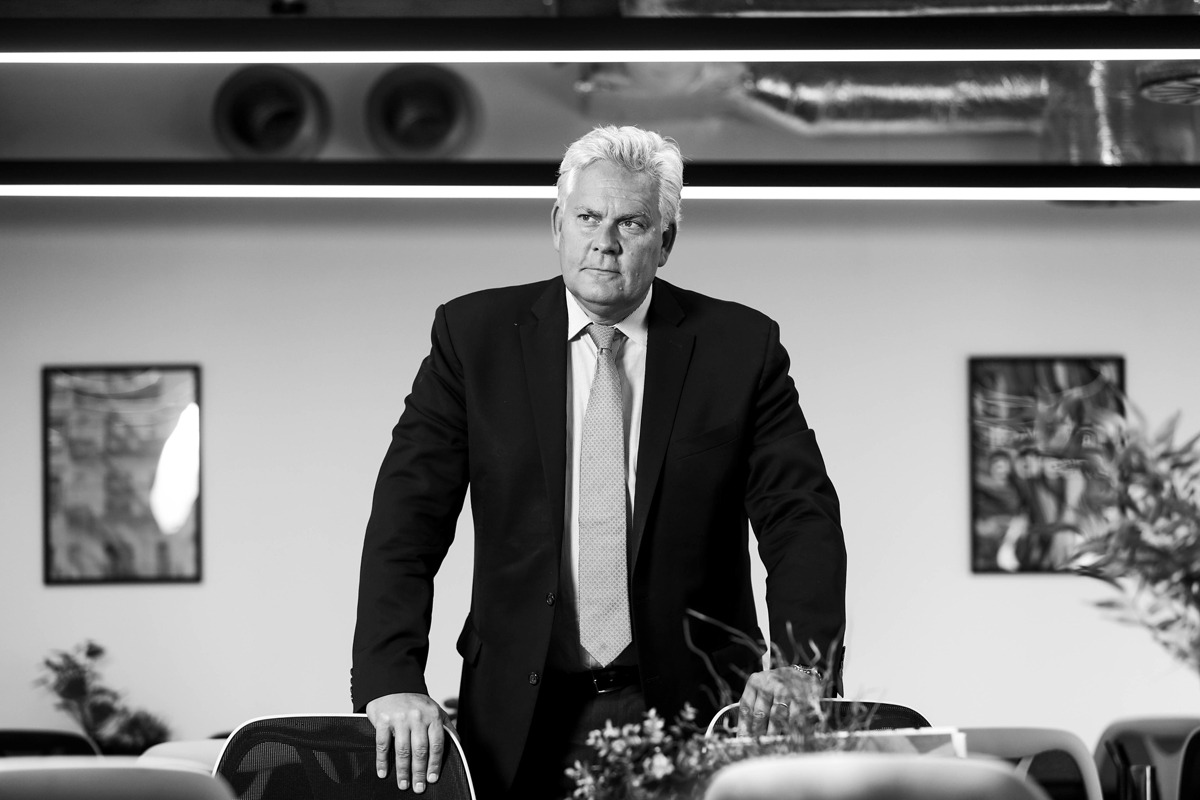The State Kremlin Palace in Moscow was commissioned by Soviet President Nikita Khrushchev as a cavernous home for meetings of the Communist Party and as a second stage for the Bolshoi Theatre. In June 2006, more than 1,700 editors gathered there for the opening day of the World Association of Newspapers Congress. Gavin O’Reilly, as president of the global organisation of the world’s press, was hosting the event, which was to be attended by Russia’s president Vladimir Putin. Putin had perhaps signalled his contempt for the free press by showing up five minutes after the conference was due to end.…
Cancel at any time. Are you already a member? Log in here.
Want to read the full story?
Unlock this article – and everything else on The Currency – with an annual membership and receive a free Samsonite Upscape suitcase, retailing at €235, delivered to your door.

